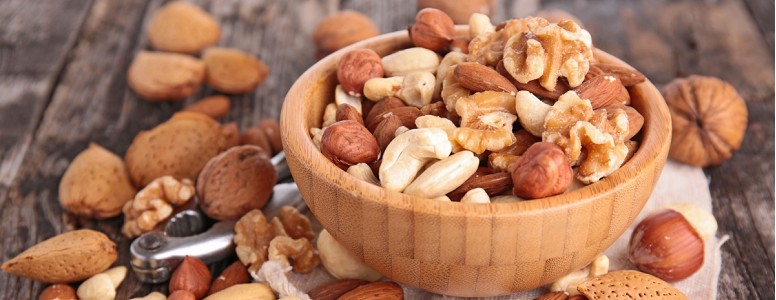Eating tree nuts could help to reduce the risk of heart disease among people with type 2 diabetes, researchers have said.
A US team say tree nuts including walnuts, almonds, cashews, Brazil nuts, pistachios, pecans, macadamias, hazelnuts and pine nuts, are good for the heart.
In a two-decade trial, the eating patterns of more than 16,000 people were reviewed before and after they were diagnosed with type 2 diabetes.
From studying the participants’ eating patterns, the research team found that those who increased their consumption of nuts after developing type 2 diabetes had greater than a 10% reduction in risk of heart disease and stroke.
A 25% reduction in early death from heart disease or another cause was also found to be associated with nut eating.
“Our findings provide new evidence that supports the recommendation of including nuts in healthy dietary patterns for the prevention of cardiovascular disease complications and premature deaths among individuals with diabetes,” said study author Gang Liu, research associate in the department of nutrition at the Harvard T.H. Chan School of Public Health.
“It seems never too late to improve diet and lifestyle after diagnosis among individuals with type 2 diabetes.”
Adding just one extra serving of nuts a week was associated with a 3% lower risk of developing cardiac conditions and 6% lower risk of dying from heart problems.
Despite the findings, the researchers are not recommending people to go overboard on nut eating. Liu said: “A handful of nuts is beneficial for heart, but it remains unclear what’s the ideal serving size.
“Whether the more nuts, the better, needs more studies in populations with large range of nut consumption. Despite the high energy density of nuts, there is no evidence for an association between frequent nut consumption and weight gain, possibly explained by the satiating effect of nut consumption.”
The study findings have been published in the Circulation Research journal.




